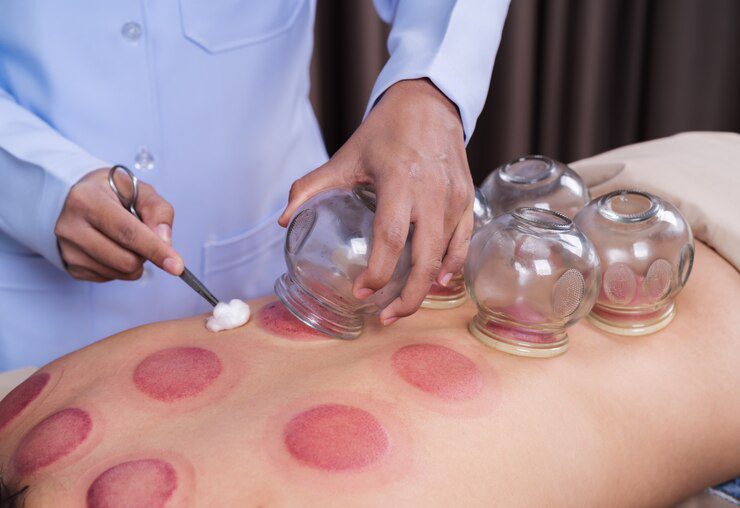Psoriasis, a chronic skin condition characterized by itchy, red, and scaly patches, can feel like a relentless foe. While conventional treatments exist, some people seek alternative approaches, like acupuncture, for relief. But is acupuncture a legitimate weapon in the fight against psoriasis, or is it just a placebo with a pointy end? Let’s delve into the science and explore the potential benefits of acupuncture for psoriasis.
Understanding Psoriasis: A Battle Within
Psoriasis is an autoimmune condition where the body’s own immune system mistakenly attacks healthy skin cells, causing them to grow too quickly. This rapid growth creates the telltale plaques associated with the condition. While the exact cause remains a mystery, factors like genetics and environmental triggers can play a role.
Traditional Treatments: A Double-Edged Sword
Conventional treatments for psoriasis aim to slow down skin cell growth and reduce inflammation. Topical corticosteroids are a common first-line therapy, but long-term use can lead to side effects. Other options include oral medications and light therapy, each with its own set of potential drawbacks.
Acupuncture: An Ancient Art Meets Modern Medicine
Acupuncture, a cornerstone of Traditional Chinese Medicine (TCM), has been practiced for millennia. It involves inserting thin needles into specific points on the body to stimulate energy flow (qi). While the concept of qi may seem foreign to Western medicine, benefits of acupuncture are increasingly being explored through scientific research.
Can Acupuncture Help Psoriasis? Sifting Through the Evidence
The benefits of acupuncture for psoriasis remain a topic of ongoing research, with some studies showing promise and others yielding inconclusive results. Here’s a closer look:
Reduced Inflammation: Acupuncture may help modulate the immune system, potentially reducing inflammation, a key player in psoriasis.
Pain Relief: Studies suggest that benefits of acupuncture may include pain relief, offering welcome respite for those struggling with itchy and irritated skin.
Improved Quality of Life: Psoriasis can significantly impact quality of life. Some studies suggest that acupuncture may help improve overall well-being by reducing stress and anxiety, which can worsen psoriasis symptoms.
A 2021 review published in the journal Acupuncture in Medicine looked at 22 studies on acupuncture for psoriasis. The review concluded that acupuncture may offer some benefits, but more high-quality research is needed.
Acupuncture: Not a Magic Bullet, But a Potential Ally
It’s important to remember that acupuncture is not a cure for psoriasis. However, for some people, it may offer a complementary approach to traditional treatments, potentially reducing symptoms and improving quality of life.
Here are some key things to consider:
Individualized Treatment: Benefits of acupuncture can vary depending on the severity of psoriasis and the individual’s response.
Finding a Qualified Practitioner: Look for a licensed acupuncturist with experience treating psoriasis.
Realistic Expectations: Acupuncture is not a quick fix. It may take several sessions to see results, if any.
Communication is Key: Discuss your psoriasis and any medications you’re taking with your doctor before starting acupuncture.
The Road to Relief: Weighing Your Options
If you’re considering acupuncture for psoriasis, talk to your doctor. They can help you weigh the potential benefits and risks and determine if it’s the right approach for you. Remember, the benefits of acupuncture are still being explored, and it’s crucial to find a treatment plan that addresses your individual needs.
Psoriasis can be a frustrating and persistent condition. But by exploring all available options, including traditional treatments and potentially complementary approaches like acupuncture, you can chart a course toward a brighter future, one with less itch and more peace of mind.







